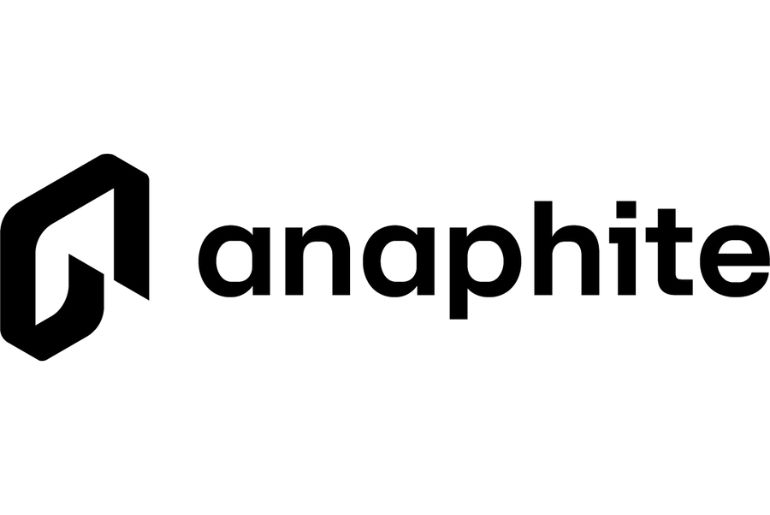UK-based battery technology company Anaphite has announced a major breakthrough that could significantly reduce the carbon footprint of global battery manufacturing. Its patented dry-coating electrode technology is projected to cut up to 7 million tonnes of CO₂ emissions annually, offering a cleaner, more efficient alternative to conventional wet-coating processes used in over 99% of today’s lithium-ion batteries.
According to an independent Life Cycle Assessment (LCA) conducted by Minviro, a sustainability consultancy specialising in carbon analysis, Anaphite’s process lowers emissions by approximately 3.57 kilograms of CO₂ per kilowatt-hour (kWh) of cell capacity when compared with traditional wet-coating methods. The study was commissioned under a UK Government–funded Advanced Propulsion Centre (APC) project and aligns with the standards set by ISO 14067.
If adopted industry-wide, this innovation could reduce CO₂ emissions from global battery production by roughly 7 million tonnes per year, a significant contribution toward meeting global decarbonisation goals.
“Our technology addresses one of the most energy-intensive steps in battery manufacturing — the drying of coated electrodes,” said an Anaphite spokesperson. “By replacing this process with our scalable dry-coating system, we can drastically reduce both energy use and emissions without compromising performance.”
How the Technology Works
Anaphite’s Dry Coating Precursor (DCP®) technology eliminates the solvent-based drying stage by integrating electrode materials into an engineered powder that can be directly applied to current collectors. This streamlined process reduces manufacturing energy demand, shortens production time, and cuts operational costs, while also being compatible with existing high-speed manufacturing lines.
Environmental Impact and Regulatory Relevance
The LCA findings suggest that for a standard 75 kWh electric vehicle (EV) battery pack, the technology could reduce CO₂ emissions by up to 268 kilograms. This is particularly relevant as the EU Battery Regulation—set to come into force in 2027—will require manufacturers to report the carbon footprint of every battery sold in the European Union through digital battery passports.
Anaphite’s innovation thus positions it as a frontrunner in enabling compliance with stricter sustainability regulations while supporting OEMs in reducing their Scope 3 emissions.
Industry Significance
Global battery demand is projected to reach 1.9 TWh by 2025, doubling by 2030. As the EV market accelerates, the need for low-carbon manufacturing technologies becomes critical. Anaphite’s dry-coating system could play a vital role in helping manufacturers and automakers achieve net-zero targets while maintaining high production efficiency.
“Sustainability must go hand-in-hand with scalability,” Anaphite emphasized, adding that the company is now expanding its UK facility and engaging with global automakers to integrate the dry-coating platform into large-scale production lines.
Broader Industry Implications
-
Reduces dependency on solvent recovery systems and drying ovens.
-
Lowers overall factory energy consumption.
-
Increases manufacturing throughput with reduced material waste.
-
Supports automakers’ sustainability goals and helps meet new emission-compliance mandates.
While Anaphite’s dry-coating process is still scaling up for full commercial deployment, its potential impact is already being recognized by sustainability experts and global EV manufacturers. The breakthrough underscores a growing shift in the battery industry toward cleaner, faster, and more cost-efficient production methods.

